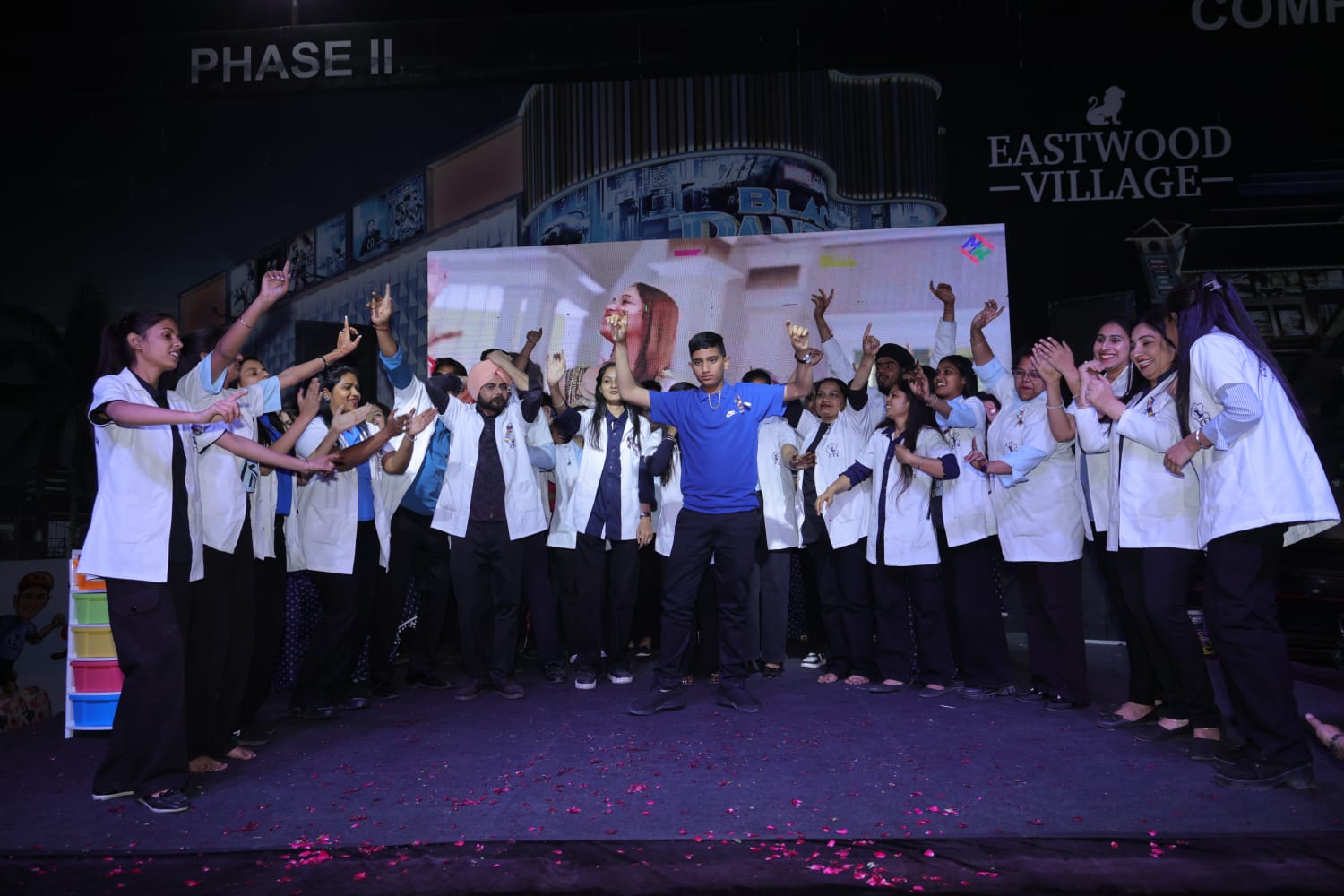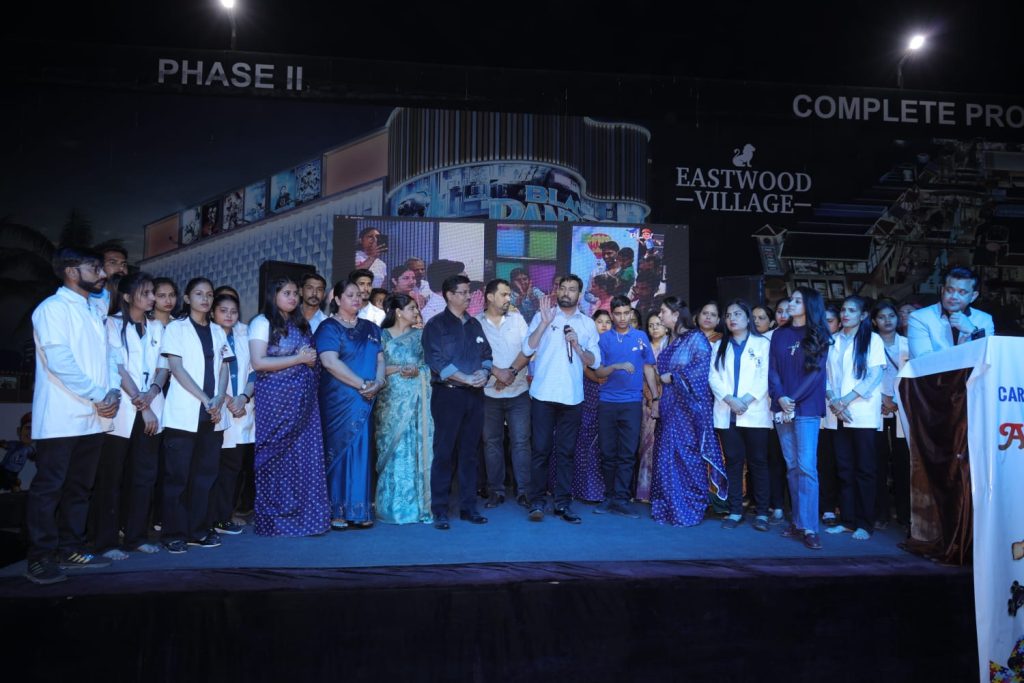Breaking the Stigma: How Awareness Can Foster Acceptance


Autism remains one of the most misunderstood neurodevelopmental conditions. Despite growing awareness, many individuals with autism and their families continue to face societal stigma. Misconceptions often lead to exclusion, making it difficult for them to access education, employment, and community support. However, by spreading awareness and fostering acceptance, we can create a society that values neurodiversity and ensures equal opportunities for all.
Understanding the Stigma Around Autism
Stigma arises primarily from a lack of understanding. Many outdated beliefs and misconceptions about autism still persist, including:
- “Autism is caused by bad parenting.” Research has proven that autism is a neurodevelopmental condition, not the result of parenting styles.
- “Individuals with autism lack emotions.” In reality, they experience emotions deeply but may express them differently.
- “All individuals with autism have intellectual disabilities.” Autism exists on a spectrum, and many individuals with autism have average or above-average intelligence.
- “Autism can be ‘cured’.” Autism is not a disease; it is a different way of perceiving and interacting with the world. The focus should be on providing the right support and interventions.
Breaking these myths is the first step toward fostering acceptance.
The Power of Awareness
Raising awareness is about more than just recognizing the term “Autism.” It involves understanding the challenges faced by individuals with autism and taking active steps to support them. Awareness helps in several ways:
1. Encouraging Early Diagnosis and Intervention
Many parents hesitate to seek a diagnosis due to fear of stigma. Awareness campaigns educate parents about the benefits of early intervention. Timely therapies such as speech therapy, occupational therapy, and behavioral interventions can significantly enhance communication, social, and daily living skills.
2. Creating Inclusive Educational Environments
Schools play a crucial role in shaping perceptions about autism. Training teachers, staff, and students on how to support individuals with autism fosters an inclusive learning environment. Special education programs, individualized learning plans, and therapy services ensure that every child receives the support they need to succeed.
3. Empowering Families
Parents and caregivers often feel isolated after receiving an autism diagnosis for their child. Awareness programs connect them to resources, parent training programs, and support groups, helping them navigate their journey with confidence.
4. Expanding Employment Opportunities
Many individuals with autism struggle to find employment, not because they lack skills, but due to workplace biases. Awareness can help companies implement autism-friendly hiring practices, accommodations, and support systems, enabling individuals with autism to thrive professionally.
5. Promoting Social Acceptance
Awareness must extend beyond medical and educational institutions. Communities should embrace individuals with autism in everyday life, ensuring accessibility in public spaces, organizing inclusive recreational activities, and fostering an environment where differences are respected and valued.
Moving from Awareness to Acceptance
While awareness is important, true inclusion happens when society moves beyond recognition and takes meaningful action to support individuals with autism. Here’s how we can work towards acceptance:
1. Shifting the Perspective
Instead of focusing on what individuals with autism “lack,” we should highlight their strengths. Many individuals with autism excel in fields like mathematics, music, and technology. Recognizing and nurturing these strengths helps build confidence and independence.
2. Implementing Inclusive Policies
Governments, schools, and workplaces must implement policies that ensure equal opportunities for individuals with autism. This includes accessible education, workplace accommodations, and community programs that promote independent living.
3. Engaging the Community
Community events, awareness workshops, and inclusive social initiatives help bridge the gap between individuals with autism and neurotypical individuals. Programs such as sensory-friendly movie screenings, inclusive sports leagues, and autism-friendly events promote understanding and interaction.
4. Encouraging Self-Advocacy
Individuals with autism should have the opportunity to share their experiences and advocate for their needs. Encouraging self-expression through art, writing, and public speaking can help them become active voices in shaping policies and societal attitudes.
Final Thoughts
Breaking the stigma around autism requires collective effort. By raising awareness, challenging misconceptions, and fostering acceptance, we can create a society that values neurodiversity. Autism is not a limitation it is a unique way of experiencing the world. With the right support, individuals with autism can lead fulfilling lives, contribute meaningfully to society, and thrive in their own way.
This article is for educational purposes. For better accuracy, consult a Child psychologist or Autism Specialist.
Regards
Dr. Atul Madaan (Autism Specialist)
MAAP, MBA, MPhil (Clin. Psy), PhD (Psy)
Operational Head & Clinical Psychologist- Care For Autism (CFA)
8383849217
𝐂𝐀𝐑𝐄 𝐅𝐎𝐑 𝐀𝐔𝐓𝐈𝐒𝐌 (CFA)
One-of-a-Kind Assessment & Remedial Training Centre for Special-needs Children.
📌 Ludhiana : 114, Green Field, Kochar Market Road, Near National Lab, 9646443200
📌 Jalandhar : Hoshiarpur Road, Mubarkpur Shekhein Under Bridge, Near Railway Crossing, 9779725400
Looking for expert Autism treatment in Ludhiana? At Autism Alliance, Dr. Atul Madaan and his team provide specialized therapies to support children with autism and developmental challenges. Our services include speech therapy, occupational therapy, child behavioral therapy, and ABA therapy for autism in a nurturing environment.
We offer psychological assessments, expressive art therapy, and special education services to help children thrive. Our parent training programs empower families with essential skills. If you’re searching for the best psychologist in Ludhiana, child speech therapy, or a child development center, we are here to help!
Visit our therapy sessions in Ludhiana for autism therapy, nutritional counseling, family counseling, and educational assessments. Give your child the best support with expert care
#autismdoctorludhiana #autismdoctor #autismdoctorinludhiana #autismspecialist #bestautismdoctor #bestautismdoctorinludhiana #autismbestdoctor #bestautismconsultant #autismconsultant #autismludhiana #autismspecialistinludhiana #dratulmadaan #autismtreatmentludhiana #autismtreatment #autismawareness #sensoryfriendly #adhd #coordination #dyspraxia #sensoryintegration #occupationaltherapy #finemotorskills #grossmotorskills #sensorydiet #sensoryprocessing #autism #autistic #autismacceptance
Contact
Ludhiana
114, Green Field, Kochar Market Road, Near National Lab, Ludhiana (Punjab), India +91 96464 43200
Jalandhar
Hoshiarpur Road, Sheikhen Pind (Under Bridge), Near Railway Crossing, Jalandhar (Punjab), India +91 97797 25400
